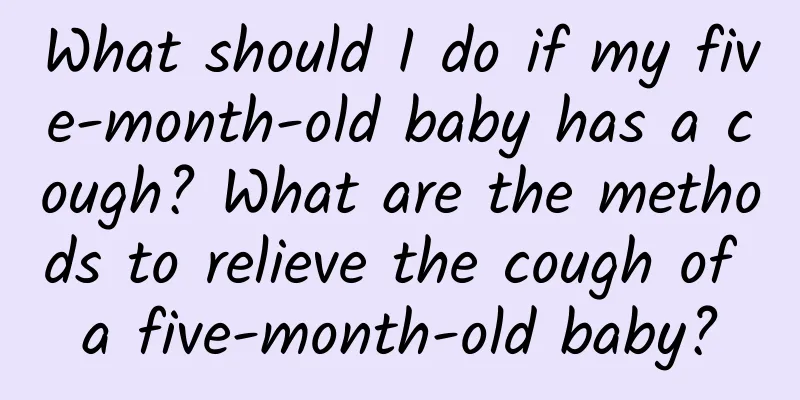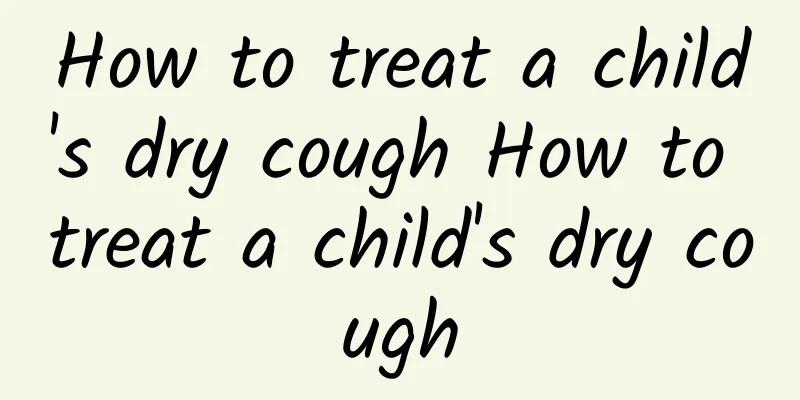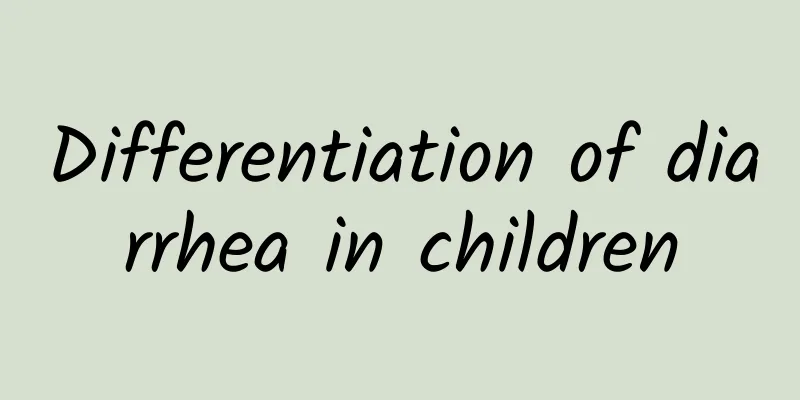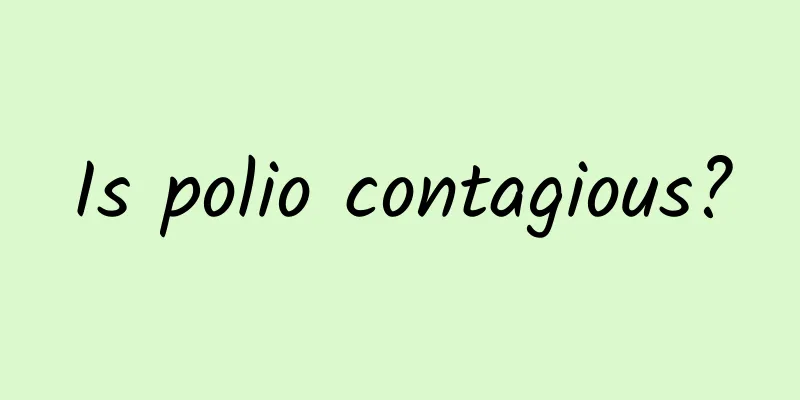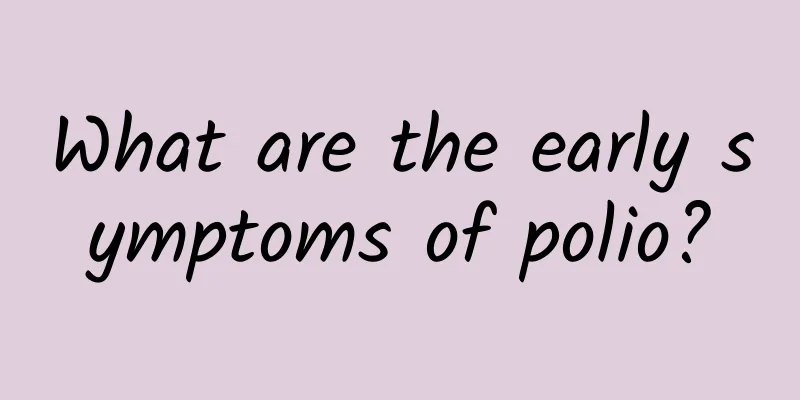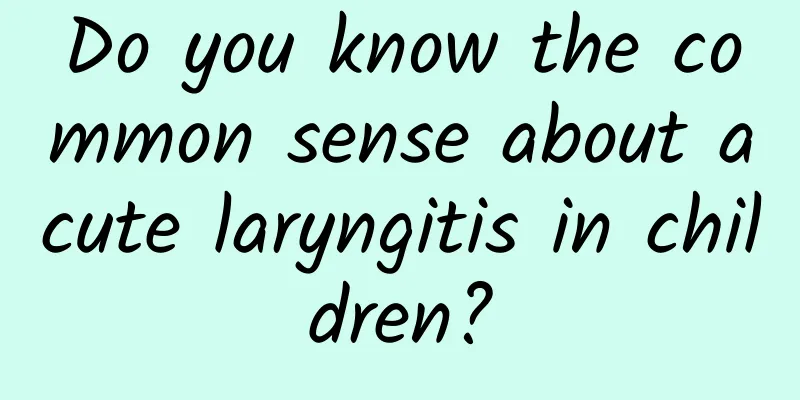What causes diarrhea in children?
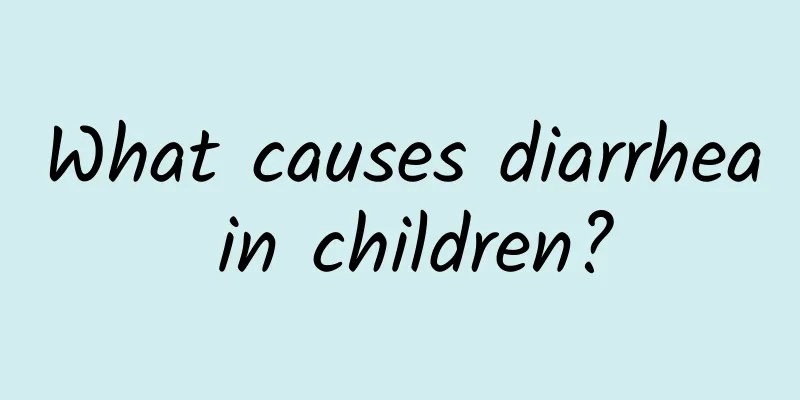
|
The treatment of pediatric diarrhea needs to be targeted according to the cause. Common causes include infection, improper diet, allergy, etc. Infectious diarrhea is caused by viruses, bacteria or parasites, and requires timely medical treatment and the use of antibiotics or antiviral drugs; improper diet can be treated by adjusting the diet structure and avoiding raw, cold and greasy foods; allergies require the identification of allergens and avoidance of contact. Non-infectious diarrhea is often related to physiological factors, such as indigestion and lactose intolerance, which can be alleviated by adjusting feeding methods and using lactase supplements. 1. Infectious diarrhea is a common cause of diarrhea in children, including viral infections such as rotavirus and norovirus, bacterial infections such as Escherichia coli and Salmonella, and parasitic infections such as Giardia and Amoeba. Viral diarrhea usually presents as watery stools, accompanied by fever and vomiting. Treatment is mainly based on rehydration to avoid dehydration, and antiviral drugs are used when necessary. Bacterial diarrhea often presents with bloody stools, and antibiotics such as cephalosporins and amoxicillin are required, while probiotics are supplemented to restore intestinal flora. Parasitic infections require treatment with drugs such as metronidazole and tinidazole. 2. Improper diet is another important cause of diarrhea in children, including overfeeding, unclean food, and excessive intake of raw and cold food. Overfeeding can cause indigestion. It is recommended to eat small meals frequently and avoid overfeeding at one time. Unclean food may cause bacterial infection. It is necessary to ensure that the food is fresh and clean, and avoid eating expired or spoiled food. Raw and cold food irritates the gastrointestinal tract. It is recommended to give warm liquid or semi-liquid food, such as rice soup and porridge, and avoid raw and cold fruits and iced drinks. 3. Allergic reactions may also cause diarrhea in children. Common allergens include milk protein, eggs, nuts, etc. Milk protein allergy is more common in infants and young children, manifested as diarrhea, vomiting, and rash. Deeply hydrolyzed protein milk powder or amino acid formula milk powder should be used instead. Egg allergy can be alleviated by avoiding eggs and foods containing egg ingredients. Nut allergy requires strict avoidance of nuts and nut products, and antihistamines such as loratadine and cetirizine should be used when necessary. 4. Physiological factors such as lactose intolerance and imperfect intestinal function can also cause diarrhea in children. Lactose intolerance is due to the lack of lactase, which cannot break down lactose, leading to diarrhea and bloating. Lactase supplements or lactose-free milk powder can be used. Imperfect intestinal function is more common in infants and young children, manifested as frequent bowel movements and loose stools. Intestinal function can be gradually improved by adjusting feeding methods, such as increasing the number of feedings and reducing the amount of single feedings. The treatment of pediatric diarrhea needs to be targeted based on the cause. Infectious diarrhea requires prompt medical attention, improper diet requires adjustment of diet structure, allergies require investigation of allergens, and physiological factors require adjustment of feeding methods. Parents should closely observe the symptoms of their children and seek professional medical help when necessary to ensure their children's healthy recovery. |
<<: Is mumps contagious in children?
>>: Can the Children's Cold Ning Mixture be heated before drinking?
Recommend
What causes eczema in children? 4 factors that cause eczema in children
The appearance of infant eczema is firstly relate...
What foods can children eat to cure cough quickly in autumn?
There is no saying that eating certain foods can ...
What is the cause of children's cough? What is the method of traditional Chinese medicine to treat children's cough?
Children's cough is a defensive reflex moveme...
What causes acute laryngitis in children?
Many parents do not take good care of their child...
What are the 5 common symptoms of pneumonia in 9-year-old children?
A 9-year-old child with pneumonia developed sympt...
Can tics heal themselves when they grow up?
Attention Deficit Hyperactivity Disorder (ADHD) r...
Chinese medicine prescription for diarrhea in children
Diarrhea is a common disease caused by multiple p...
Acute mumps symptoms in children
Typical symptoms of acute mumps in children inclu...
Characteristics of kidney disease in children
Nowadays, many patients with kidney disease are c...
Will calcium supplementation definitely help you grow taller? What should I do if I want to promote my baby's growth?
Calcium deficiency will affect bone development a...
What are the key points in diagnosing Kawasaki disease?
Many diseases appear around us. If we do not pay ...
How severe is jaundice that requires blue light treatment?
About eight out of ten newborns will develop jaun...
Is it expensive to treat eczema in children?
Is it expensive to treat pediatric eczema? This i...
Treatment of patent ductus arteriosus
What are the treatments for patent ductus arterio...
Effective treatment for jaundice in babies
What is the effective treatment for reducing baby...
